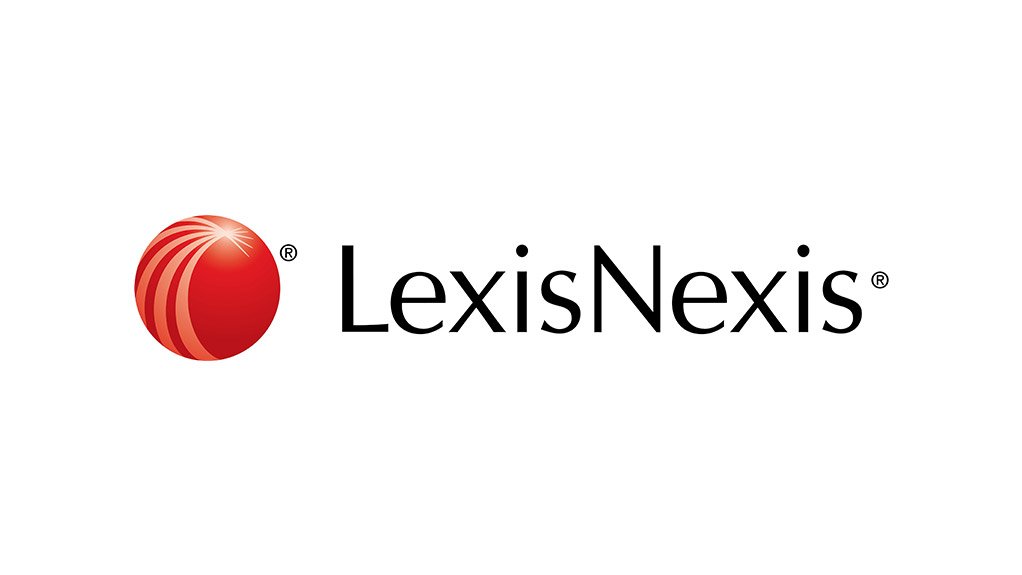Reputations have been ruined on social media. Recently there has been an upsurge in the number of businesses, educational institutions, government officials and private citizens who have discovered, to their cost, that what they or their employees say online can have serious consequences.
Banning social media in your workplace will not always help because what people say on their own time or their own smart phones cannot be controlled – and can often lead to public outrage, workplace disharmony and brand damage.
To help professionals and corporates get to grips with the proper use of social media, senior lawyers Rosalind Davey and Lenja Dahms-Jansen of Bowmans have put together an easily understood legal framework for online behaviour, using the same laws that apply to off-line life. Their new book, Social Media in the Workplace, published by LexisNexis South Africa, offers a much-needed guide to the legal and reputational risks inherent in social media use, giving businesses the tools to manage these risks and protect their organisations and their people.
Social Media in the Workplace is not merely a highly recommended addition for every legal library. More importantly it offers an insightful guide for non-legal business people to navigate this demanding age where technology is integrated into every part of our day-to-day lives.
“At present, there is no specific law governing the use of social media in South Africa, making it difficult for people to identify the parameters within which they need to operate,” says Davey. “The book looks at identifying the risks – what are the bounds in which we can and should use social media and where should we be careful when using it? It also looks at the interplay between Constitutional rights such as our freedom of expression vs other people’s rights to privacy, equality and dignity.”
Dahms-Jansen adds: “A lot of corporates are grappling with the careful balancing act between needing to protect their business while needing to act against employees, particularly when there is a public outcry. Very often employers don’t understand social media. This book is there to help them understand that you can manage it responsibly, while for employees it can help them to understand that what they say on social media should be something they’re happy for their boss to read,” she says.
Speaking at the book’s launch recently, media personality Gareth Cliff said he believes the publication is well-timed and should be prescribed reading for all companies. Cliff himself is passionate about freedom of expression and using social media to exchange views and engage with each other.
In Social Media in the Workplace Davey and Dahms-Jansen write in a style that style is clear and easy to understand. They deliver specialist knowledge on the impact of social media on human rights and business considerations such as ownership of social media, liability and contractual law. They also put to good use their significant experience in providing legal advice on social media issues, and in training companies on the proper use of social media.
In addition to examining South African case law, Social Media in the Workplace explores international case law from Australia, Canada, New Zealand, the UK and the US, and provides a broad legal perspective on the subject. There is a strong focus on South African constitutional rights, specifically the rights to dignity, privacy, equality and freedom of expression, religion and opinion. Vitally, the book also covers the law of defamation, principles of vicarious liability, and employment laws.
Social Media in the Workplace [ISBN/ISSN: 9780409129212] is available to purchase from LexisNexis at +27(0)31 268 3007; +27(0)860 765 432 or orders@lexisnexis.co.za. It can also be ordered via the LexisNexis online bookstore at:
https://store.lexisnexis.co.za/products/social-media-in-the-workplace-skuZASKU9780409129212/details
EMAIL THIS ARTICLE SAVE THIS ARTICLE ARTICLE ENQUIRY FEEDBACK
To subscribe email subscriptions@creamermedia.co.za or click here
To advertise email advertising@creamermedia.co.za or click here











